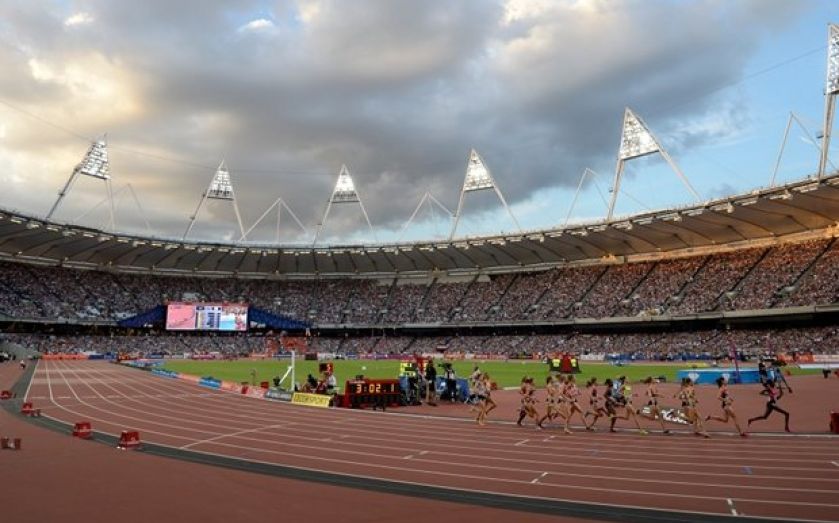City Matters: Tough decisions on infrastructure must not be delayed for future generations

THE DUST has barely settled on the London Anniversary Games and work has already begun to convert the iconic Olympic Stadium for future use. Some may feel a sense of regret that a stadium home to so many glorious memories last summer will never be seen again in its current form. But it is only right that this focus on legacy and the long-term use of facilities is maintained. That was one of the cornerstones of the London 2012 bid.
The spectacular success of the Olympic and Paralympic Games showcased our ability to deliver quality on time and on budget to a global audience. This further burnished the UK’s international reputation as a world leader in exporting infrastructure expertise, from design to delivery.
Until the Olympics, however, implementing a strategic vision and delivering major domestic infrastructure projects was something that successive governments had struggled to achieve. It is positive, therefore, that Lord Deighton – formerly chief executive at the London Organising Committee of the Olympic and Paralympic Games (LOCOG) – is now charged with tackling this challenge as the Treasury’s infrastructure minister.
Getting infrastructure delivery right is crucial. Jobs and growth depend on it. There is clearly considerable interest from overseas investors in UK infrastructure, as demonstrated by the Malaysian-backed redevelopment of Battersea Power Station and Chinese-led transformation of the Royal Albert Dock into the capital’s next business district, not to forget Hitachi’s backing of the Horizon project.
Policymakers must rise to the challenge set by David Cameron last year and “cut through the dither” by leveraging private sector experience in order to speed up this pipeline of projects. Tough decisions must not be delayed or deferred to future generations.
This need is particularly acute when it comes to aviation capacity. Sir Howard Davies, who is scheduled to report on this issue in 2015, recently argued that the recession has reduced traffic growth and given more time to implement airport expansion. This may be right but it has not bought us long, especially given delivering any solution will likely take decades.
The UK urgently needs a sustainable policy framework for aviation that can meet both the immediate and longer-term pressures on capacity in the South East. This will involve decisions that will never be universally popular – but we cannot afford merely to look on while other centres in Asia and Latin America build aggressively for the future.
As a trading nation, the UK has always attracted internationally mobile business in our role as a gateway to Europe and beyond. This competitive position is underpinned by investment in top class infrastructure, which is as important today as ever in an increasingly interconnected world with fast changing patterns of trade and investment.
London 2012 demonstrated that we can brilliantly rise to this challenge when the public and private sector come together and the urgency to do so is there. But as the changing face of the Olympic Stadium reminds us, we cannot trade on our memories forever.
Roger Gifford is lord mayor of London.